In a significant development for immigration policy, President Biden signed an executive order today aimed at addressing the status of undocumented individuals married to United States citizens and DACA recipients. This executive action marks a pivotal moment in the ongoing efforts for immigration reform and addresses the challenges faced by mixed-status families who qualify for a green card, but are too afraid to go back to their home countries for the visa interview.
The Key Provisions of the Executive Order
The executive order primarily focuses on providing a pathway to legal status for undocumented individuals who are married to US citizens. It directs federal agencies, including the Department of Homeland Security (DHS), to review current policies and identify opportunities to streamline the process for these individuals to obtain lawful permanent residency (green cards) without leaving the country. Immigration Agencies are directed to allow DACA receipts with a U.S. college degree and a job offer related to their degree to receive visas more quickly.
Key provisions of the executive order include:
1. Policy Review:
Federal agencies are instructed to conduct a comprehensive review of existing regulations, policies, and practices that impact undocumented spouses of US citizens. This review aims to identify barriers and inefficiencies in the current system that hinder the ability of these individuals to adjust their status.
2. Streamlining Procedures:
The order calls for the development of new procedures or the revision of existing ones to facilitate the adjudication of green card applications for eligible spouses of US citizens. This includes exploring options to reduce processing times and bureaucratic hurdles.
3. Protection from Deportation:
It emphasizes the importance of prioritizing the protection of family unity and minimizing the risk of deportation for individuals who are in the process of adjusting their immigration status through marriage to a US citizen.
Implications for Undocumented Individuals and DACA
For many undocumented individuals married to US citizens, this executive order offers the opportunity to apply for a green card without leaving the United States. Additionally, Immigration Agencies are directed to allow DACA receipts with a U.S. college degree and a job offer related to their degree to receive visas more quickly.
Why do I Need an Attorney?
Today’s executive order does not automatically grant legal status. Implementation details, including specific eligibility criteria and procedural changes, are expected to unfold in the coming months as federal agencies begin to implement the directives outlined in the order.
For those considering applying for a green card under these new provisions, seeking legal counsel from the experienced immigration attorneys is highly recommended. Attorneys can provide personalized guidance, navigate the complexities of the immigration system, and ensure that all necessary documentation and requirements are met.
Conclusion
President Biden's executive order represents a significant policy shift aimed at providing relief to undocumented individuals married to US citizens and DACA recipients.
As the implementation of this executive order progresses, it is essential for affected individuals and their families to stay informed and prepared. Seeking legal advice and understanding the implications of these policy changes can help navigate the complexities of the immigration process and move towards achieving legal status in the United States.
For more information on how this executive order may impact your immigration status or to explore your legal options, please contact Atiya Law. Our team of experienced immigration attorneys and staff is here to assist you every step of the way.
Disclaimer
This blog post aims to inform and guide readers on the implications of President Biden's executive order, emphasizing the importance of legal counsel and community support in navigating these changes. This post does not provide any legal advice and should not be relied upon for any promise of future relief.


